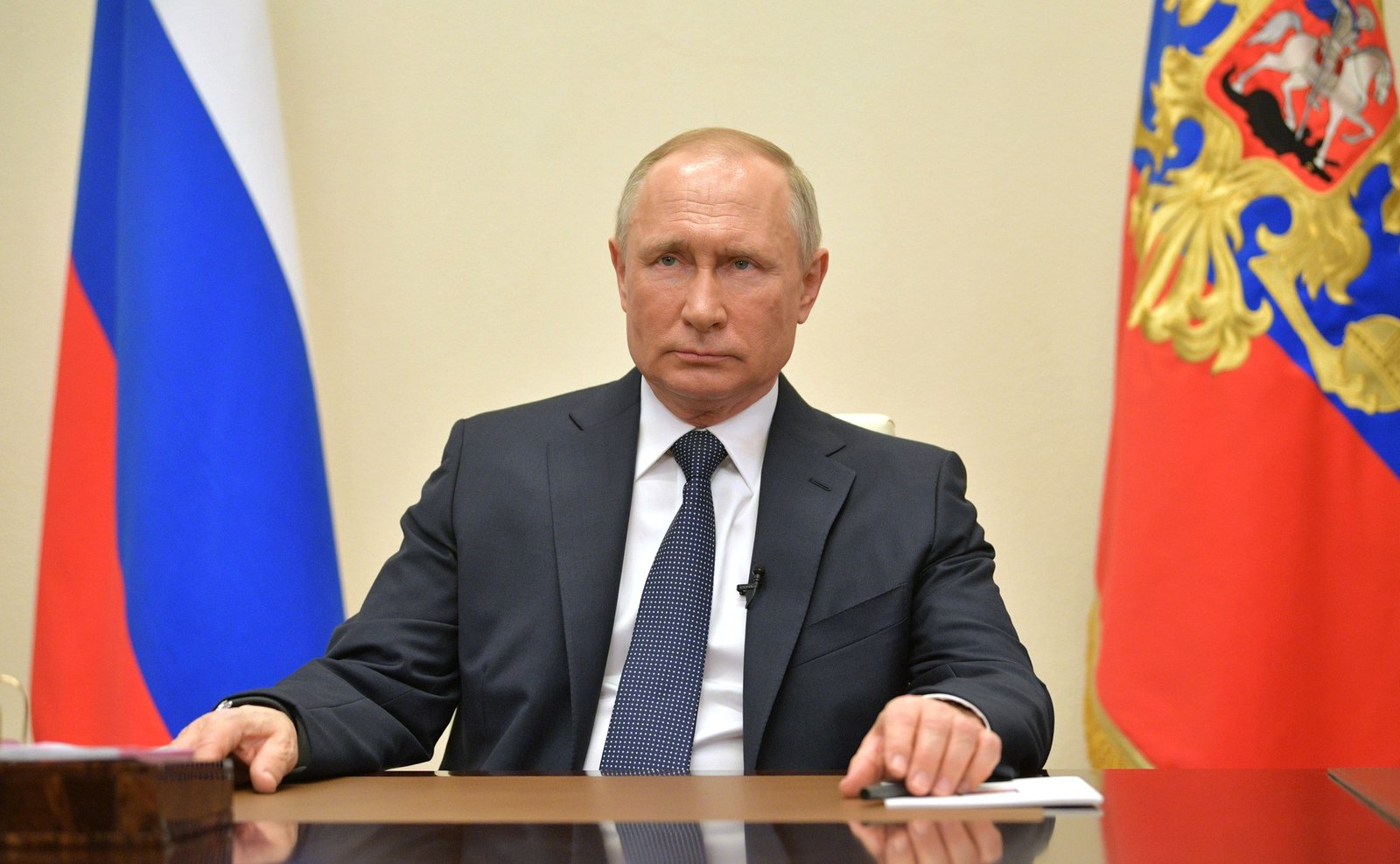2021 is proving to be as dramatic as its predecessor, with the political institutions of America, Myanmar and Uganda all coming under intense strain. Russia’s autocracy is following suit. The botched poisoning of opposition leader Alexei Navalny, followed by his arrest on re-entry to Russia in January, has sparked nationwide protests for two consecutive weeks.
Russian riot police, anonymised by large black visors, bundled protesters into unmarked vans one by one. Although such scenes are comparable to the Moscow demonstrations of 2011, something feels different this time. On Sunday, a record 5,021 protesters were detained across 100 Russian cities and towns, according to independent monitoring group OVD-Info.
Chanting “Putin is a thief”, some of the incensed protesters were brandishing golden toilet brushes, a nod to the latest corruption scandal. Navalny alleges that a billion-dollar palace was built for Putin, using illicit funds, including taxpayer’s money. The private Black Sea estate is 39 times the size of Monaco, with superfluous amenities, such as an underground ice hockey rink and pole-dancing salon.
Putin’s opulent lifestyle is in stark contrast to the economic hardship facing his people. Prior to Covid-19, over 21 million Russians were living in poverty. This suggests why smaller industrial towns, known to be politically “passive”, have taken to the streets.
One poll shows that 42% of the Moscow demonstrators felt compelled to protest for the first time. After one week, Navalny’s YouTube video, exposing “Putin’s Palace”, surpassed 100 million views, quantifying the momentum that Navalny’s movement has generated. The youth of Russia have been politicised, many for the first time.
Other events have contributed to the current unrest. Putin’s alignment to Russian Orthodoxy last year alienated many liberal Russians. His efforts to replicate Stalin’s cult of personality have fallen flat – topless Siberian photoshoots no longer generate the fanfare they once did. Russia also has the third-highest number of Covid-19 deaths in the world. From one epidemic to another, Putin’s premiership relies on him containing the infectious hunger for change that is spreading amongst his people.
Despite Putin’s shortcomings, last year, the permanence of his position was enshrined into the constitution, allowing him to rule until 2036. By removing a channel for political dialogue through free elections, Putin has fuelled political dissidence.
Although Navalny appeals to younger Russians, older generations do not share the same excitement. My Estonian grandfather fled Soviet terror in the 1940s, aged 16, returning only after the collapse of the Iron Curtain in the 1990s. Even after finding refuge in England, the KGB came to his Leeds home in 1967, concerning a planned visit by his sister from the USSR. This anecdote reflects the experiences of many older Russians who lived under Soviet oppression. This ingrained fear of the Kremlin deters them from rebelling.
Looking at other authoritarian states, the suppression of uprisings in Hong Kong and Belarus suggest that peaceful protests alone are insufficient at effecting transformational political change.
Western optimism that Putin’s accession in 1999 would rid Russia of corruption has been replaced by sanctions for countless human rights abuses and a disregard for international law. Putin’s retaliatory demonisation of the West still resonates with many conservative Russians. However, the greatest challenge to his position comes from an internal, rather than external, source.
Discarding the Rule of Law, Navalny was sentenced to three years in prison on 3rd February. Although Putin refuses to utter Navalny’s name in public, the harsh crackdown indicates anxiety within the Kremlin. The mysterious deaths of three doctors, who all fell from hospital windows in 2020 after criticising Putin, is a sinister reminder of the tactics that the Kremlin will employ to silence its opposition.
Historically, political change in Russia has occurred unexpectedly and quickly. Several weeks before the 1917 Russian Revolution, its architect, Vladimir Lenin, spoke of how he would not live to see socialist revolution. Considering history’s repetitive nature, if Putin continues to pursue the status and lifestyle of a Tsar, he may eventually suffer a plight as dramatic as one.
Marcus Lindley
Image source: Wikimedia Commons

